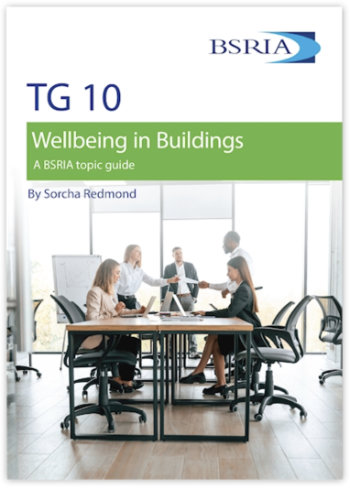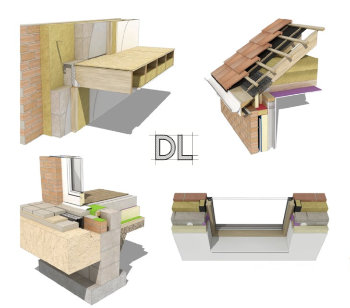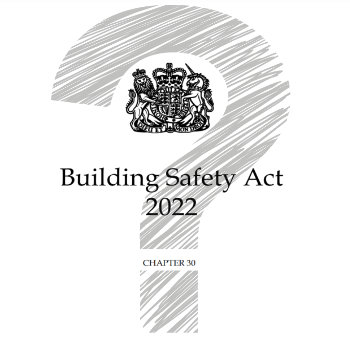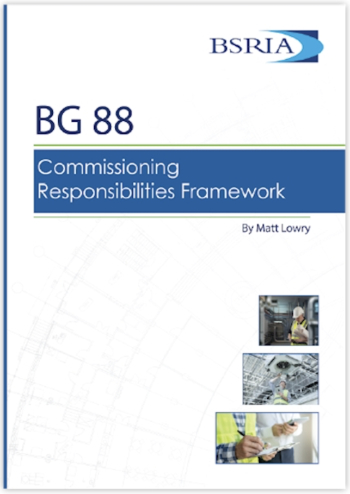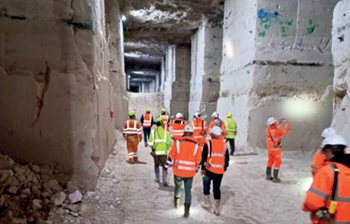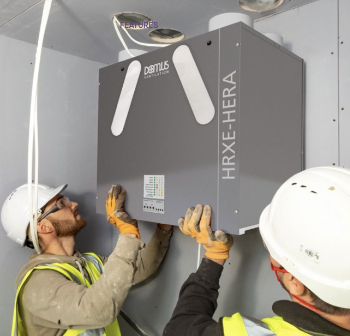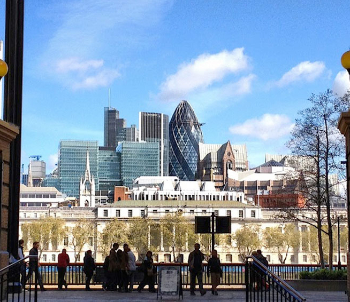Lease Negotiations - Tenants Checklist
Contents |
[edit] Introduction
Premises costs are usually second only to staff costs for a large number of commercial enterprises.
For those who can afford it, purchasing the freehold of office premises is highly desirable as it places control of the premises requirements in the hands of the business owner. However, for many businesses renting office space is the only solution and this exposes them to a range of potential pitfalls which need to be identified and mitigated as far as possible.
[edit] Issues to consider
Renting space is an expensive matter; not only are there the operational costs (rent, business rates, insurance and service charges), there are also the upfront costs of acquisition (legal and professional fees, fitting out costs and stamp duty). And, at the end of the lease there are dilapidations to consider.
Prospective tenants should consider the following issues up to the moment that a lease is signed:
State of the market.
- Is there good supply of the type of space that you wish to lease in your area? What are general levels of market rent?
What is your Lead Time?
- Do you have to vacate an existing space? Is there any particular time constraint on when you need to occupy new premises? The more time you have the better your bargaining position will be.
Consider appointing professional advisers to assist in finding premises and negotiating best terms from the landlord.
- Professional letting agents will charge a fee, usually calculated as a percentage of the annual rent, for locating suitable premises and helping to negotiate as favourable a deal as possible for the tenant. They will also assist in interpreting lease terms and, together with the solicitor acting in the matter, will assist in ensuring that the final lease is as favourable to their client as is possible. For very small space requirements, the appointment of lettings advisers may not be necessary. The landlord may be happy to offer a lease on standard terms prepared under a standard Law Society lease or licence to occupy and, in these circumstances a more informal approach may be appropriate.
Appoint a solicitor who has experience in property law.
Ensure you understand the business rates liability for the premises.
- Business rates are a considerable expense to any business. You need to be sure of the liability and ensure that any rating appeal is in hand as these can result in substantial rates rebates. Appointing a rating adviser who will only be paid if a successful appeal is made is always advisable.
- It is vitally important to be sure that you will not be charged VAT that you cannot recover. If a mistake is made here your effective rent increases at a stroke by 20%.
Be aware of any planning proposals that could have an impact on premises you may consider renting.
- You need to be sure as far as possible that your enjoyment of the premises will not be affected by, for example, development proposals that could adversely impact your working conditions. A multi–storey development on an adjacent site could rob you of natural light for example.
[edit] The lease terms
The lease sets out the terms of the contractual relationship between landlord and tenant. Many of the key terms will have been agreed prior to the lease itself being drafted.
Rent.
- Is this as agreed?
- Are these as understood? Is the landlord able to increase these without recourse to you, or have you been able to negotiate a cap on the rate at which these may be increased. Also is there a danger that you could be expected to pay for substantial refurbishment of the building soon after your occupancy commences? Have you seen how the landlord prepares service charge accounts?
- Are you happy with the landlords insurance arrangements and basis of cover. Is there complete transparency between what you pay and what the landlord pays? Does the landlord receive any rebate from the insurers which is not passed back to the tenants?
Rent–free period.
- Does your lease provide for a rent-free period? If so does the lease correctly reflect the agreement?
Rent deposit.
- Is a security deposit needed? If so, ensure that you are entitled to recover it in full once certain conditions are met, e.g your business meets minimum profitability levels.
Alterations to premises.
Landlord and tenant responsibilities.
- Does the lease correctly reflect each party’s rights and responsibilities. Who is responsible for maintaining common parts and services?
Right to sublet or assign the lease.
- In the event that your plans or requirements change how easy is it to sublet space or assign the lease to a new incoming tenant? Leases or often for a period of time during which circumstances change and for this reason it is reassuring to know that the landlord is receptive to the possibility of releasing you from your contractual obligations in return for a new occupier entering into a new lease.
Use of premises.
- Does the lease allow you to do what you wish to do in the hours of the week that you wish? Are there any restrictions on evening or weekend access to the premises?
- What are your obligations at the end of the lease? Will you be expected to reinstate the premises to the state in which they were when your occupancy commenced. If so can you cap the dilapidations at the outset?
Termination of lease.
- Are you happy with the landlord’s rights to terminate under the circumstances set out in the lease?
More general considerations would include matters such as knowing the other occupiers in the building to ensure that their activities may not impinge adversely on yours. Getting to know the managing agents, if appointed, is also desirable as is participating in any tenant meetings to discuss matters of common interest.
The above list is by no means exhaustive but it is important that any prospective tenant does as much as is possible to inform themselves on these matters. The best party to protect your own interests is you..
This article was written by --Martinc 12:52, 2 May 2014 (BST)
[edit] Related articles on Designing Buildings
- Break clauses in leases.
- Built to Suit.
- Commonhold.
- Dilapidations.
- Dilapidations protocol.
- Ground rent.
- Landlord.
- Leasehold.
- Leasehold covenants.
- Leasehold enfranchisement.
- Licence for Alterations for Apartment.
- Licence to alter.
- Rent.
- Rent-free period.
- Rent in administration.
- Rent review.
- Rights to light.
- Sample retail lease.
- Scott schedule.
- Section 13 notice.
- Section 21 notice.
- Security of tenure for commercial leases.
- Service charge.
- Subletting.
- Supersession.
- Tenancy deposit protection.
- Vacant possession.
- VAT.
Featured articles and news
Wellbeing in Buildings TG 10/2025
BSRIA topic guide updates.
With brief background and WELL v2™.
From studies, to books to a new project, with founder Emma Walshaw.
Types of drawings for building design
Still one of the most popular articles the A-Z of drawings.
Who, or What Does the Building Safety Act Apply To?
From compliance to competence in brief.
The remarkable story of a Highland architect.
Commissioning Responsibilities Framework BG 88/2025
BSRIA guidance on establishing clear roles and responsibilities for commissioning tasks.
An architectural movement to love or hate.
Don’t take British stone for granted
It won’t survive on supplying the heritage sector alone.
The Constructing Excellence Value Toolkit
Driving value-based decision making in construction.
Meet CIOB event in Northern Ireland
Inspiring the next generation of construction talent.
Reasons for using MVHR systems
6 reasons for a whole-house approach to ventilation.
Supplementary Planning Documents, a reminder
As used by the City of London to introduce a Retrofit first policy.
The what, how, why and when of deposit return schemes
Circular economy steps for plastic bottles and cans in England and Northern Ireland draws.
Join forces and share Building Safety knowledge in 2025
Why and how to contribute to the Building Safety Wiki.
Reporting on Payment Practices and Performance Regs
Approved amendment coming into effect 1 March 2025.








